
Cyber fitness is everyone's responsibility today
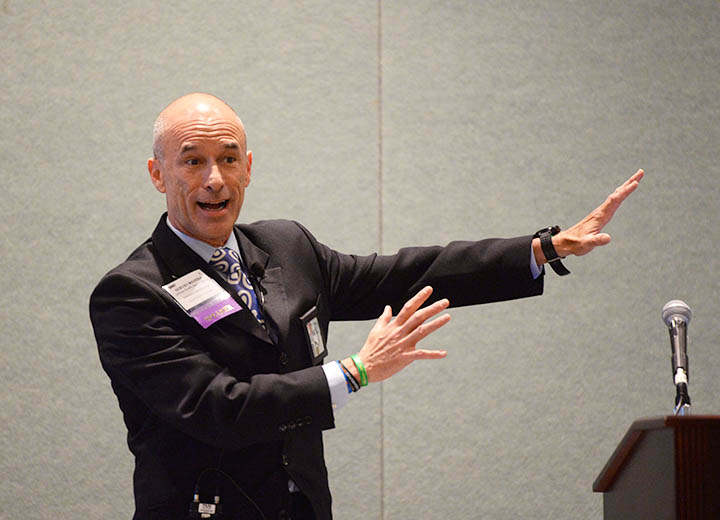
Servio Medina from the Cyber Policy Branch of the Defense Health Agency speaks at DHITS 2018 on the need for exercising cyber fitness practices in today's technology driven life.
Taking care of our physical self and personal hygiene – working out, eating well, and washing up – is a normal part of our daily lives. If we put the same effort into making sure we’re ‘in shape’ in the cyber world, we could make a big difference in protecting our personal information.
Not too long ago, cybersecurity was considered someone else’s problem. But it’s not a technological problem, it’s a human knowledge problem and a personal responsibility, Servio Medina, acting chief of Cyber Security Division Policy Branch at Defense Health Agency, said.
“[That notion] reflected a time that is behind us [and] needs to be behind us,” Medina said, speaking at the Defense Health IT Symposium in Orlando, Florida, on July 25. “We have to acknowledge that a change in one context can impact another context.”
While some people receive cyber awareness training as part of their job, not all 9.4 million beneficiaries in the Military Health System do. Cybersecurity goes beyond the workplace and into homes, impacting everything from toys to video game chat rooms to email, and it’s important for people of all ages to be ‘cyberfit,’ as Medina says. The Health and Human Services department refers to this concept as cyber hygiene, and defines it as an individual’s health, or security, when conducting all activities online.
Without the right training or knowledge, anyone can accidentally fall victim to cybersecurity problems, or make personal information vulnerable.
“We do want to empower [people] to not unwittingly compromise their own information and their own wellbeing,” said Medina. Part of the Military Health System’s role in taking care of families is helping them understand how to protect their online presence, he said.
Being cyberfit includes recognizing risky behavior, such as clicking a link in a suspicious email. Simple acts, like walking away from an unlocked computer or not having a passcode on a phone, accounts for more than half of all data breaches according to the Society of Human Resource Professionals. Additional cyberfit tips include:
- Avoid phishing. Don’t open e-mails or links from an unknown source, and don’t reply to requests for personal or medical information.
- Being social online also means you’re global. Think carefully before posting anything on the internet, and remember social media and websites can be tracked and hacked.
- Use caution when using public Wi-Fi. While it’s convenient, it’s usually unsecure.
Password protecting devices and applications, using reliable malware software, avoiding unsecure networks to share personal information, and avoiding public Wi-Fi networks can help protect personal information. In addition, beneficiaries can protect their health information by using a secure messaging portal through a provider to share health information and carefully checking health care statements to avoid fraud or scams.
Medina said people sometimes need nudges, such as pop-up notifications indicating the security certificate of a website and caution to proceed at risk.
“It takes repeated training, it takes nudges, it takes effective training, but it takes more than that, too,” said Medina, believing it takes three months to change a habit, six months to change a behavior, and a year to change a lifestyle.
“It takes us to recognize that most incidents trace back to some sort of behavior,” said Medina, referring to a 2015 Department of Defense memo stated roughly 80 percent of cybersecurity breakdowns can be traced back to humans – even after training, said Medina. Most of these cases come down to ignorance, willful neglect, poor judgement, ineffective policy, or criminal intent, he said.
Cybersecurity can dramatically impact the family wellbeing, and when the wellbeing of the family is affected, the readiness of service members and their ability to complete their mission can also be impacted, Medina said.
“[I]t wasn’t too long ago that cybersecurity was someone else’s problem,” said Medina. “We can’t have that mindset anymore. Cybersecurity is really, in a way, everybody’s responsibility today.”
D2D lays down road ahead for MHS GENESIS rollout
Article
7/26/2018
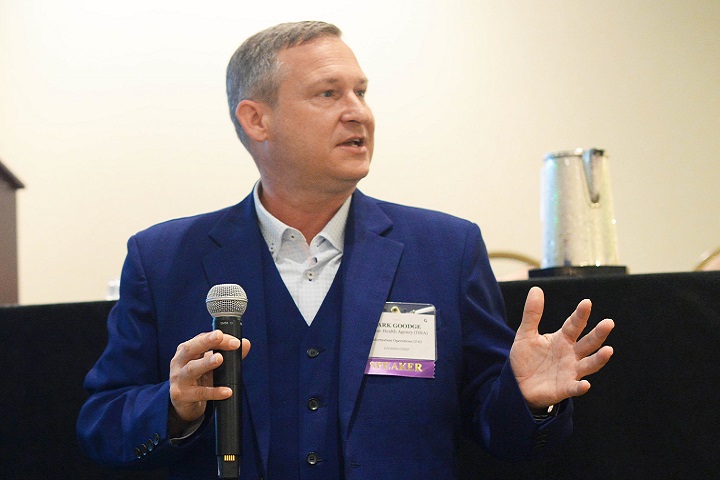
As military treatment facilities prepare for MHS GENESIS, the Military Health System’s new electronic health record, patients and providers will soon embrace more access and better delivery of care.
2018 DHITS Army Capt Choicey Pellerin
Video
7/25/2018

This video asks participants of the Defense Health Information Technology Symposium about their experiences
2018 DHITS Army Col Jason Windsor
Video
7/25/2018

This video asks participants of the Defense Health Information Technology Symposium about their experiences
Desktop to Datacenter initiative explained at DHITS 2018
Photo
7/25/2018

Mark Goodge, chief technology officer for the Defense Health Agency, speaks to attendees of the Defense Health Information Technology Symposium about the agency Desktop to Datacenter initiative.
DHA Director and PEO DHMS answer questions at DHITS 2018
Photo
7/25/2018
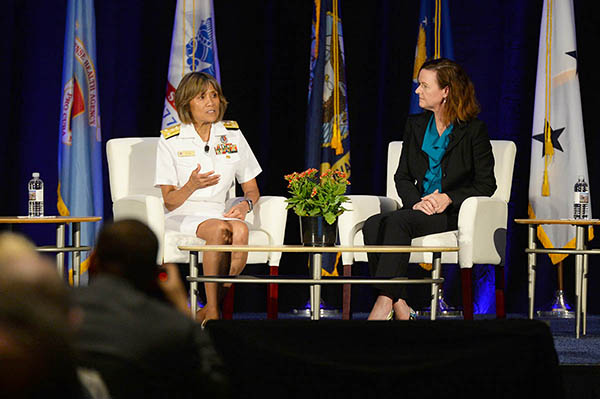
Vice Adm. Raquel C. Bono, director of the Defense Health Agency, and Ms. Stacy Cummings, Program Executive Officer for Defense Health Management Systems, answer questions about the progress of MHS GENESIS electronic Health record during the 2018 Defense Health Information Technology Symposium July 24 in Orlando, Florida.
2018 DHITS Navy Lt Cdr McLean
Video
7/25/2018

This video asks participants of the Defense Health Information Technology Symposium about their experiences
2018 DHITS Army Capt Bryan Guerra
Video
7/25/2018

This video asks participants of the Defense Health Information Technology Symposium about their experiences
Schaefer DHITS 2018
Photo
7/25/2018
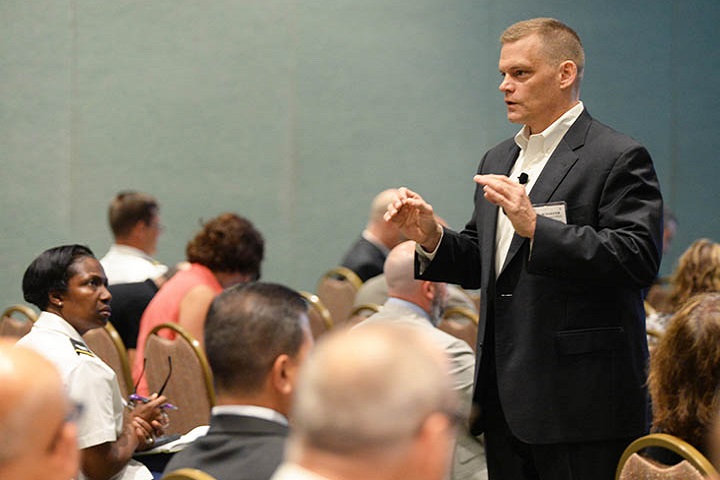
On July 25, 2018, Mr. Craig Schaefer, the DoD Healthcare Management System Modernization Program Manager, spoke at the Defense Health Information Technology Symposium (DHITS) about how lessons learned from initial MHS GENESIS sites in the Pacific Northwest can improve future deployments. DHITS is an annual conference that brings together military ...
MHS GENESIS: Continuing to make progress
Article
7/25/2018

Senior Military Health System leaders met at the Defense Health Information Technology Symposium in Orlando, Florida, to discuss progress with MHS GENESIS
MHS Health IT Awards
Photo
7/24/2018
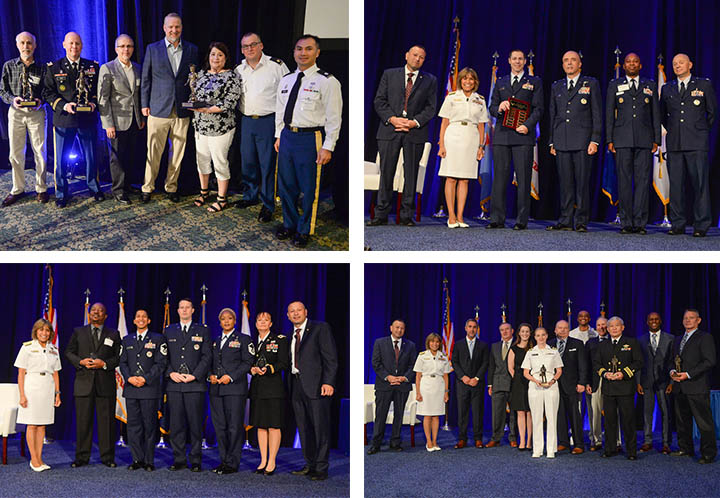
On July 24, 2018, at the Defense Health Information Technology Symposium in Orlando, Fla., Service members and employees from across the Military Health System were recognized who have made significant contributions and demonstrated outstanding excellence and achievement in Health Information Technology (HIT) in the past year.
Helping the healers through the power of mobile technology
Article
7/22/2018
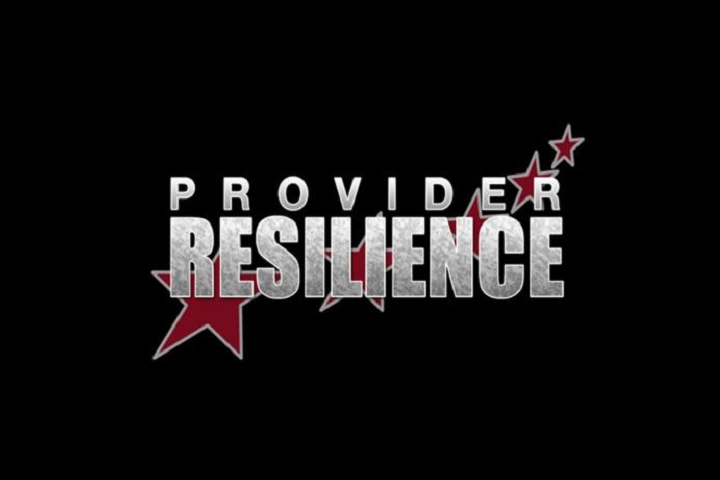
App guards against emotional occupational hazards
Soldiers test Army's newest transport telemedicine technology
Article
7/20/2018
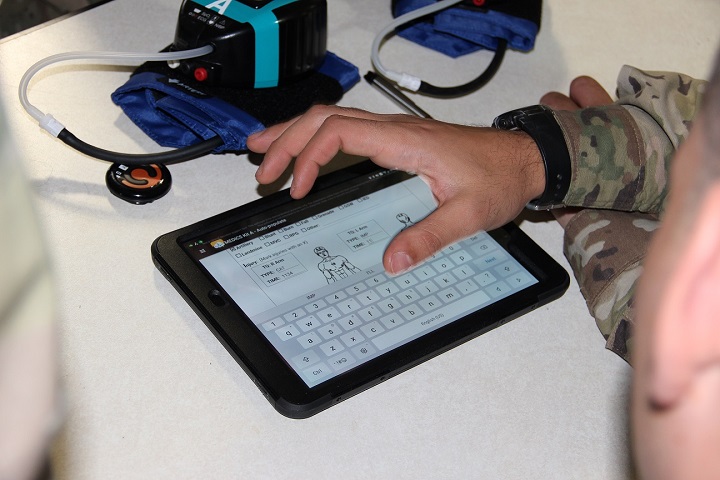
MEDHUB is really about life-saving situational awareness
DHITS 2018
Video
7/18/2018

This video describes the important topics covered during the Defense Health Information Technology Symposium each year
Navy Care app enables medical appointments from work, home
Article
7/13/2018
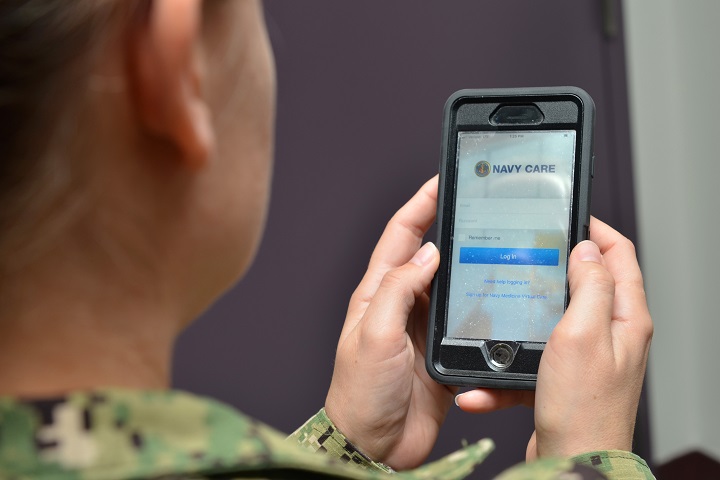
The app delivers convenient care with the quality of a face-to-face visit
MHS Genesis
Photo
7/3/2018
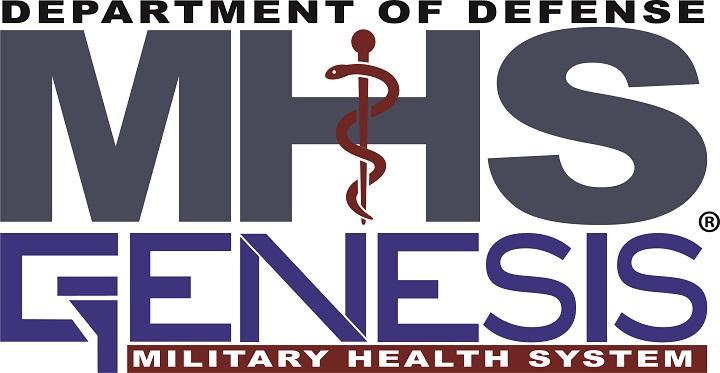
Official Image of MHS Genesis





















.png)









No hay comentarios:
Publicar un comentario